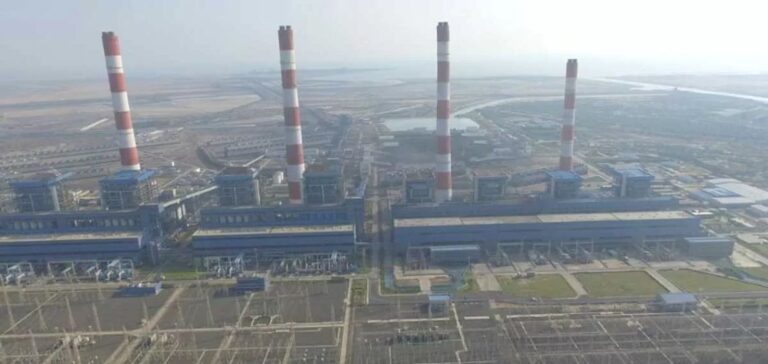JSW Energy Limited has finalized the acquisition of KSK Mahanadi Power Company Limited (KMPCL) in a transaction valued at $1.93 billion. This deal marks one of the largest thermal asset acquisitions in India and strengthens JSW Energy’s position in the national energy market.
KMPCL owns a thermal power plant with a total capacity of 3,600 megawatts (MW) located in the state of Chhattisgarh. Currently, 1,800 MW (three units of 600 MW) are operational, supported by long- and medium-term power purchase agreements. The remaining 1,800 MW are under construction, with one unit 40% complete and infrastructure in place for the entire project.
A key project for expansion strategy
The acquisition of KMPCL aligns with JSW Energy’s strategy to achieve 20 GW of generation capacity by 2030. With this transaction, the company surpasses the 10 GW operational capacity threshold, integrating its thermal, hydro, solar, and wind assets.
The deal’s financing includes a combination of internal resources and external funding. JSW Energy’s management has stated that a portion of the short-term debt incurred for this acquisition will be refinanced later to optimize the company’s financial structure.
Optimization and future development prospects
JSW Energy plans to enhance KMPCL’s operational efficiency to maximize production and ensure optimized management of its thermal assets. The gradual commissioning of the units under construction is expected to strengthen energy supply and meet India’s growing electricity demand.
Approval from the Competition Commission of India facilitated the swift completion of the transaction. The company now focuses on integrating KMPCL into its portfolio and leveraging synergies from this acquisition to support long-term growth.






















